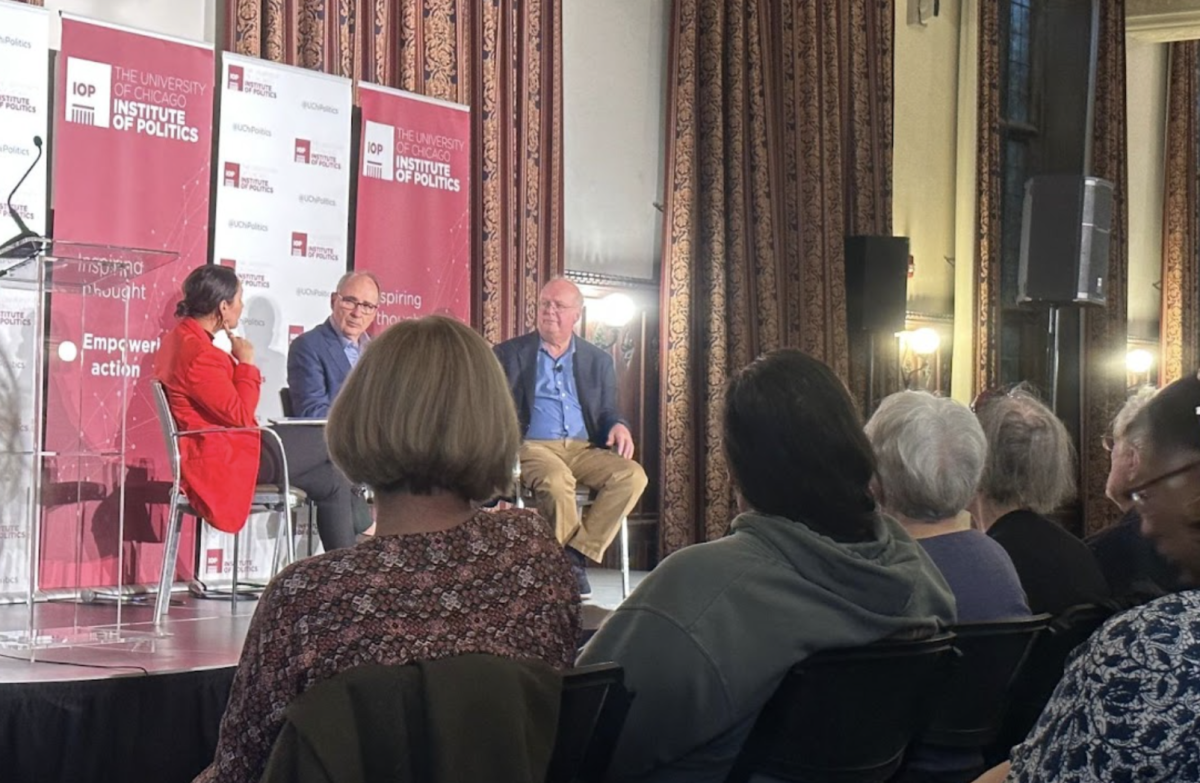In the November midterm elections women were left holding 17 percent of seats in Congress and 23 percent of seats in state legislatures. In 2007, one-tenth of Americans surveyed said they would not vote for an “otherwise qualified” woman for president. But according to Christopher Berry (Ph.D. ‘02), a professor at the Harris School, women are better legislators.
A forthcoming study in the American Journal of Political Science conducted by Berry and his former student Sarah Anzia (M.P.P. ‘07), who is now a doctoral candidate at Stanford University, shows why female politicians outrank the men.
The study examines two categories in federal spending: constituency services, which is generally quantified by how much money the congressperson is able to bring back to their district, and how many bills were sponsored by women versus men.
Congresswomen do significantly better in both of these regards, bringing an average of $49 million more per year to their district than congressmen. Not only do women tend to sponsor more bills then men, but their legislation is consistently better received and gains more media attention, according to Ohio State political scientists Craig Volden and Alan Wiseman.
“Politics is headed in the direction of change,” Berry said, but added that it is unclear how long it will be before women are equally represented in politics.
To control for the possibility that congresswomen come from districts that are predisposed to perform better, Berry and Anzia compared districts over time to see whether there was a difference between male and female politicians within a district. Still, the women did better.
Berry and Anzia’s theory is based on the idea that if there is a discriminated group, members of that group have to outperform in order to succeed.
Berry was inspired to conduct the study by earlier writings and research he had conducted on distributive politics while working with Anzia. While discussing data on federal spending, Anzia expressed interest in isolating women politicians.
Berry decided to pursue the study, but did not anticipate these results. He explained, “I wouldn’t have been surprised if the data had gone the other way, because Congress is often seen as a clubby old boys’ network.”








